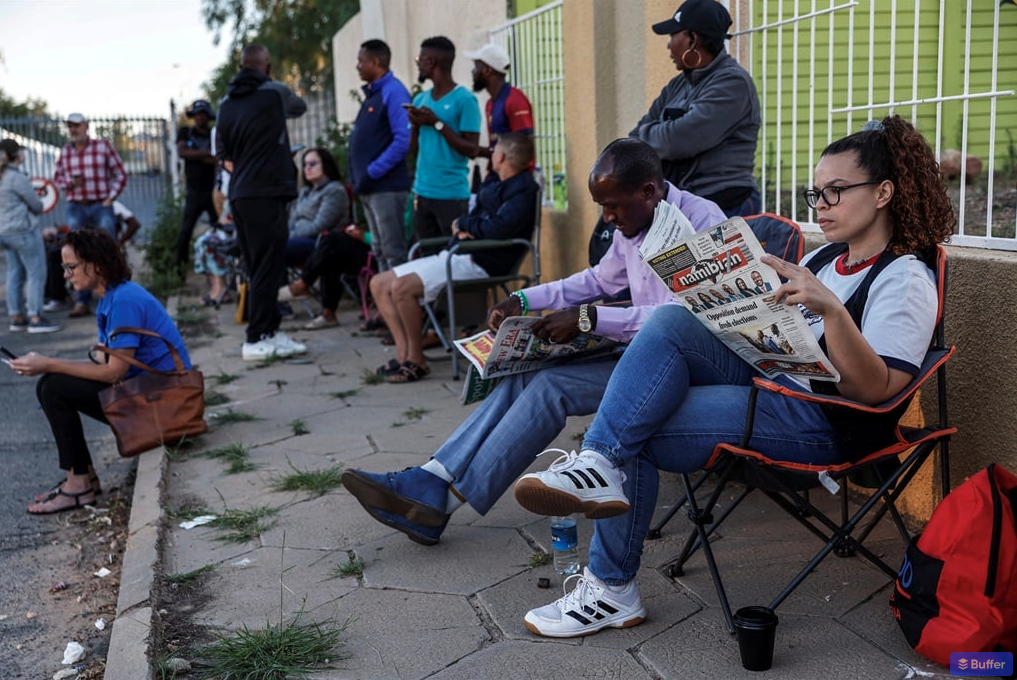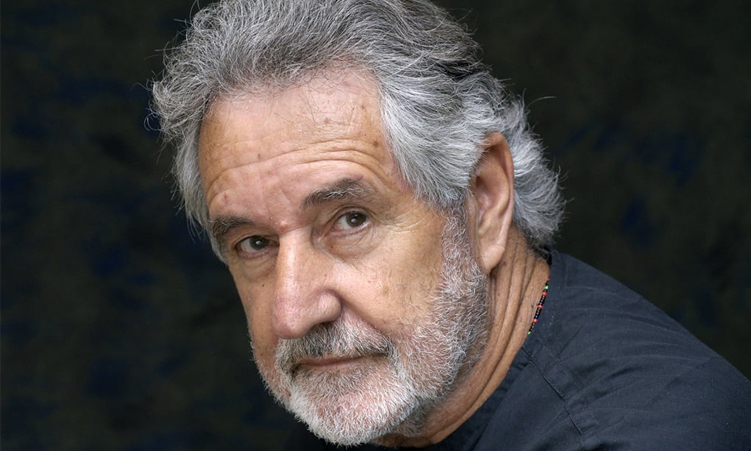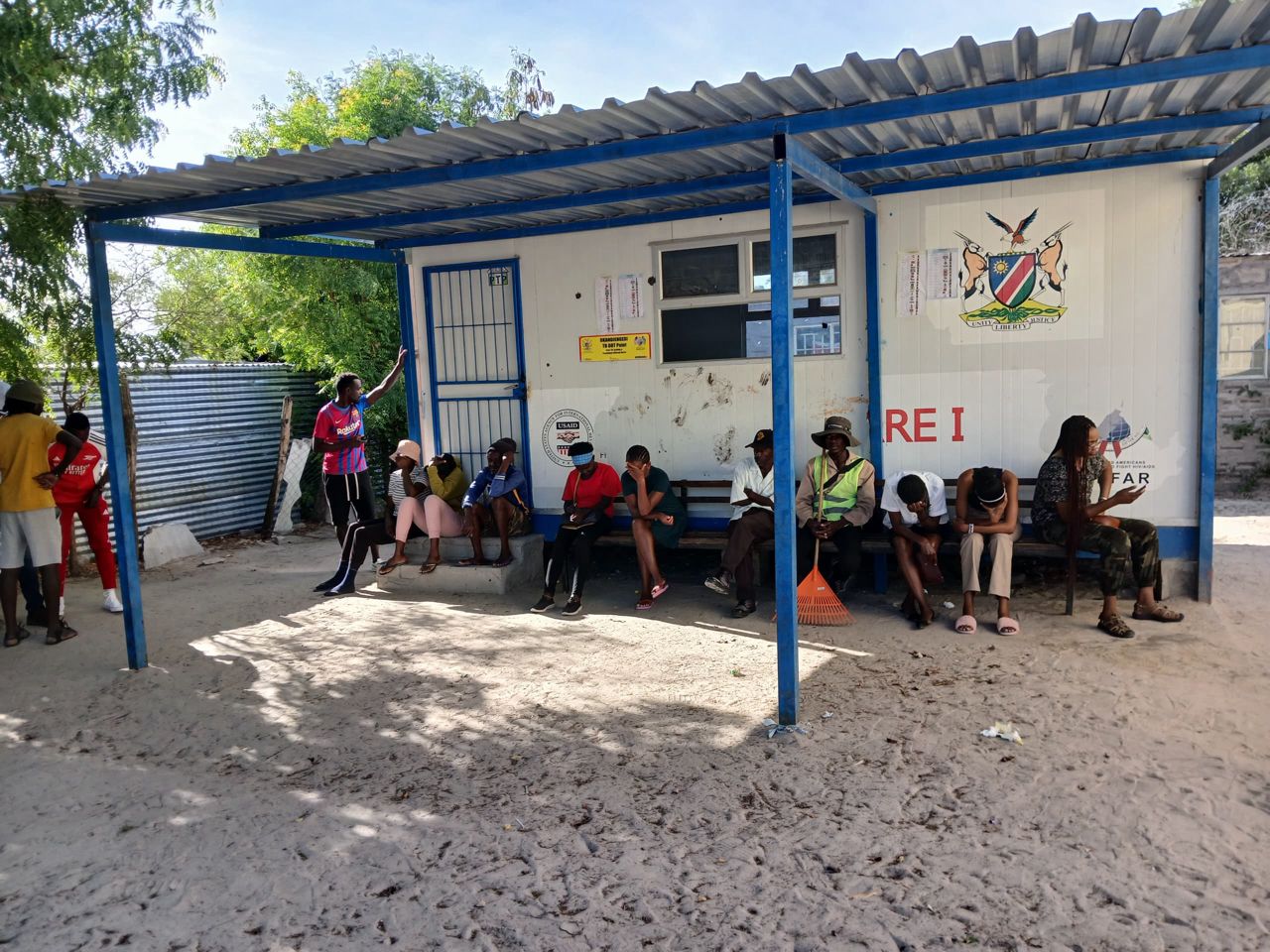The Namibia Power Corporation (NamPower) is currently in talks with the Bretton Woods lender, the World Bank Group (WBG), to borrow about N$2 billion for the financing of transmission lines.
This was yesterday confirmed by the utility’s managing director, Simeon Haulofu, who said if approved, the deal also comes with a further N$588 million grant to fund Battery Energy Storage Solutions.
Kahenge said the N$2 billion would be used to finance the second 400kV Auas-Kokerboom transmission line.
NamPower officials said the tender to construct the transmission line has not been awarded yet, and the utility is still at the stage of securing funds.
“We will only go to the market once the funds are secured,” said Braam Vermeulen, NamPower’s general manager for transmissions.
World Bank documents seen by The Namibian show that the set appraisal date for the loan is some time in October this year, and the appearance at the WBG board will be late January 2024.
NamPower in 2021 indicated it was going to roll out several projects under its 400kV Expansion Programme, which will stretch over 830km in total.
The first phase of the project was awarded to Powerline Africa, a Tsumeb-based electricity infrastructure construction company for N$660 million, excluding taxes.
As per the 2021 project profile, the Auas-Kokerboom transmission line has a cost of N$1,6 billion, and will run from the 400kV Kokerboom substation (near Keetmanshoop) to the Auas substation near (Windhoek).
The line will run parallel to an existing power line to the south.
IMPROVED RELIABILITY, STABILITY
As per the document, this line is expected to improve line reliability, improve network stability, and also enable the integration of variable renewable energy above 50% of the midday load.
It is further expected to enable renewable energy resources in the central/southern part of the country to be harnessed, and to open up opportunities for power exports.
The construction of this redundant line is reportedly essential to support system stability and reliability between Auas and Kokerboom, and consequently improve the security of electricity supply to the entire Namibian network.
Namibia remains heavily dependent on electricity imports, despite having an excellent renewable energy resource.
RENEWABLE CAPACITY
Installed renewable capacity in the country is just over 30% of total generation.
Renewable energy, mainly in the form of solar energy, is required to be stored, and for this the World Bank document shows that a US$20 million Green Climate Fund loan and a US$15 million GPG Fund grant will be provided to procure the Battery Energy Storage Solutions infrastructure.
This contradicts Haulofu saying the total grant is US$30 million, or N$588 million.
The new debt will be guaranteed by the government – which is already skipping high to N$12,7 billion in 2023/34 from N$10 billion recorded in the 2022/23 financial year.
For the remainder of the mid-term framework, these guarantees are expected to further increase to N$12,9 billion and N$13,2 billion for 2024/25 and 2025/26 fiscal years, respectively.
PRESSURE
The new loans could add pressure to the utility’s finances, which have been reported to be in a fix.
Haulofu earlier this year announced that the national power company has made a N$2 billion loss last year – just a year after announcing that it made N$1,1 billion in profit.
The company last year also breached its loan conditions, although the lenders – German government-linked KfW, the Asia Development Bank, and the European Investment Bank – did not pull their funds.
GOVT BLASTED
Popular Democratic Movement (PDM) leader McHenry Venaani has in the past blasted the government for uncontrolled borrowing.
He says the latest borrowing from the World Bank is “very dangerous and reckless”.
According to him, the Ministry of Mines and Energy should have prepared a needs assessment report and approached the Cabinet and parliament for approval of this loan.
Earlier this year, the Institute for Public Policy Research (IPPR) also joined the chorus of opposition calling for the parliament to be responsible regarding foreign loans to the public sector.
“This would oblige the minister to explain to parliament why a loan is being taken, what impact it would have, and how it would be repaid,” said IPPR executive director Graham Hopwood.
The 2023/24 tabled budget shows that the national debt levels will exceed N$150 billion.
QUESTIONABLE PROJECTS
NamPower has over the years attracted the reputation of awarding questionable energy projects.
Last year, the power company awarded a contract estimated at around N$1,2 billion to a Chinese state-owned energy company which partnered with a Namibian briefcase company that was registered last year.
Documents seen by The Namibian show there have been complaints over the manner in which the national power parastatal awarded this contract – including concerns that the government would have to fork out around N$720 million more by opting for a Beijing-owned company.
There are also allegations that some companies were eliminated during the evaluation process to give the Chinese company an advantage to scoop this deal.
China International Energy Group won the bid with their joint-venture partners in an opaque company called Riminii Investments, which was registered in 2021.
The Namibian reported in 2021 that the government’s solar and wind energy programme, valued at more than N$10 billion, largely benefits politically connected companies owned by presidential families and relatives of prominent Namibians.
They include president Hage Geingob’s daughter, former president Sam Nujoma’s daughter, and the daughter of the late Ondonga King Elifas Kauluma.
One of the companies is owned by former Cabinet minister Helmut Angula’s nephew, Tironenn Kauluma.
Five years ago, president Hage Geingob insisted that Namibia would not seek a bailout from the International Monetary Fund or the World Bank.
“The only way to maintain our economic sovereignty therefore, would be continuing the prudent management of our fiscus by ensuring that every single cent of taxpayers’ money is spent in an accountable and effective manner,” Geingob said.
– email: bottomline@namibian.com.na
Stay informed with The Namibian – your source for credible journalism. Get in-depth reporting and opinions for
only N$85 a month. Invest in journalism, invest in democracy –
Subscribe Now!






